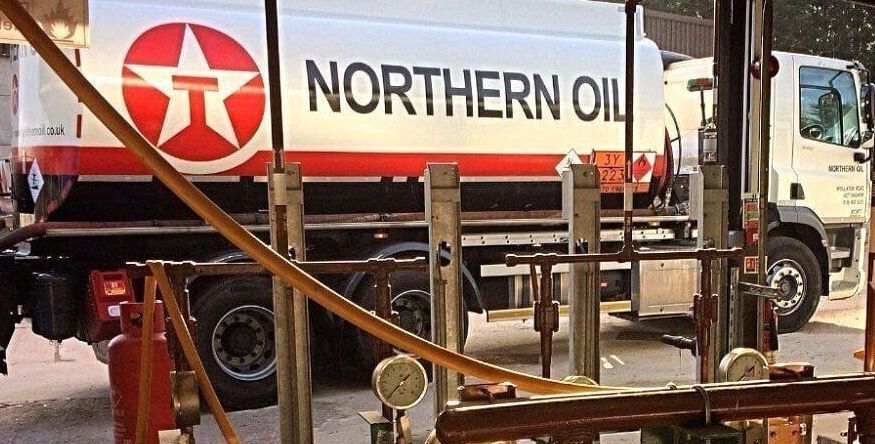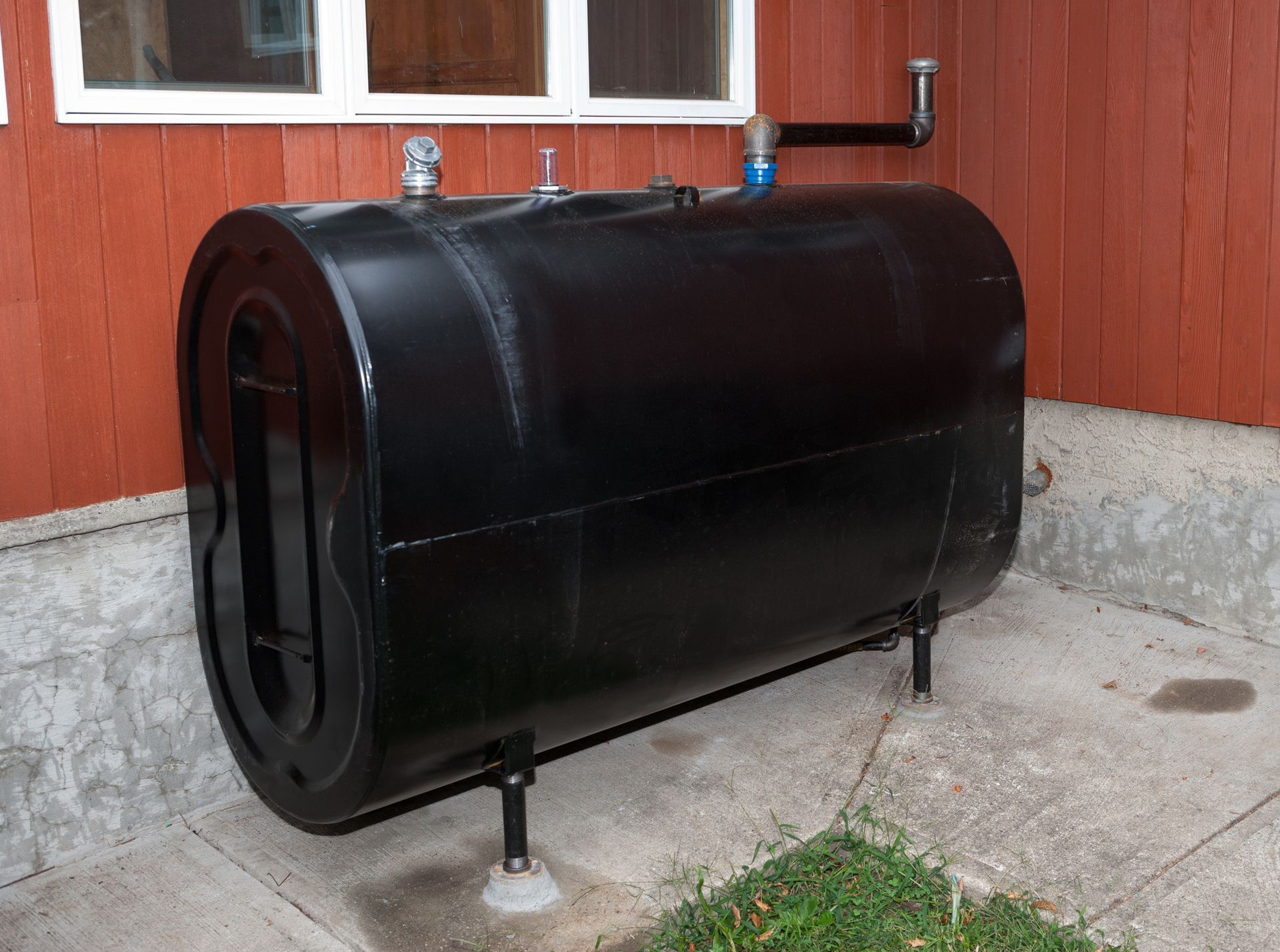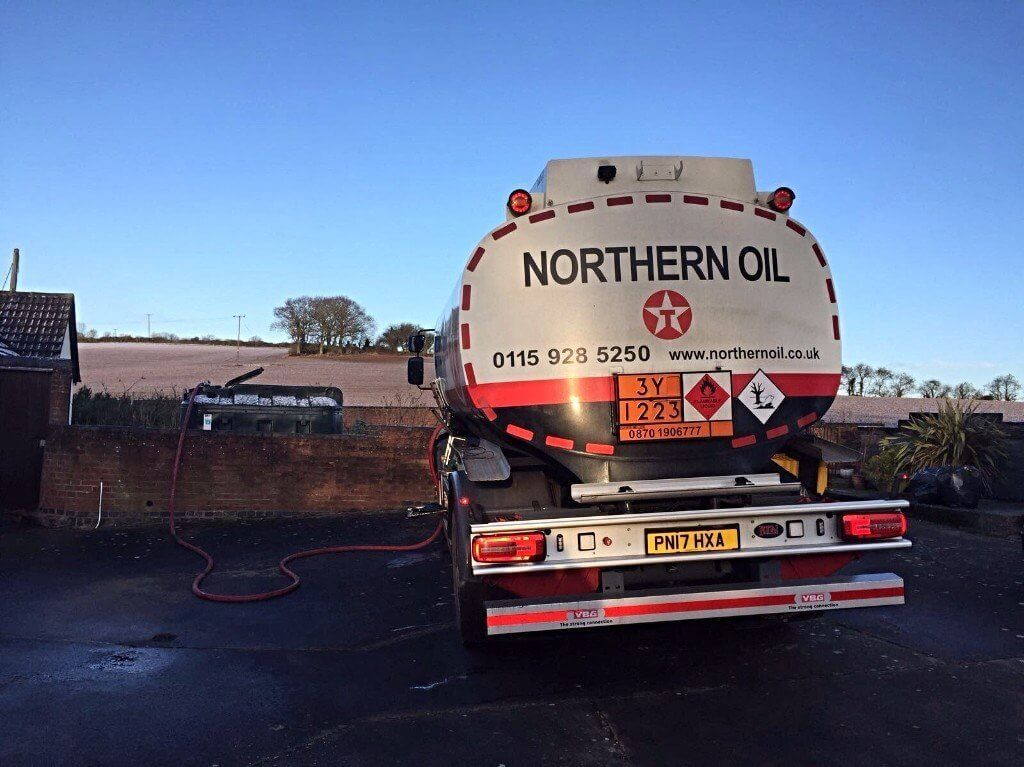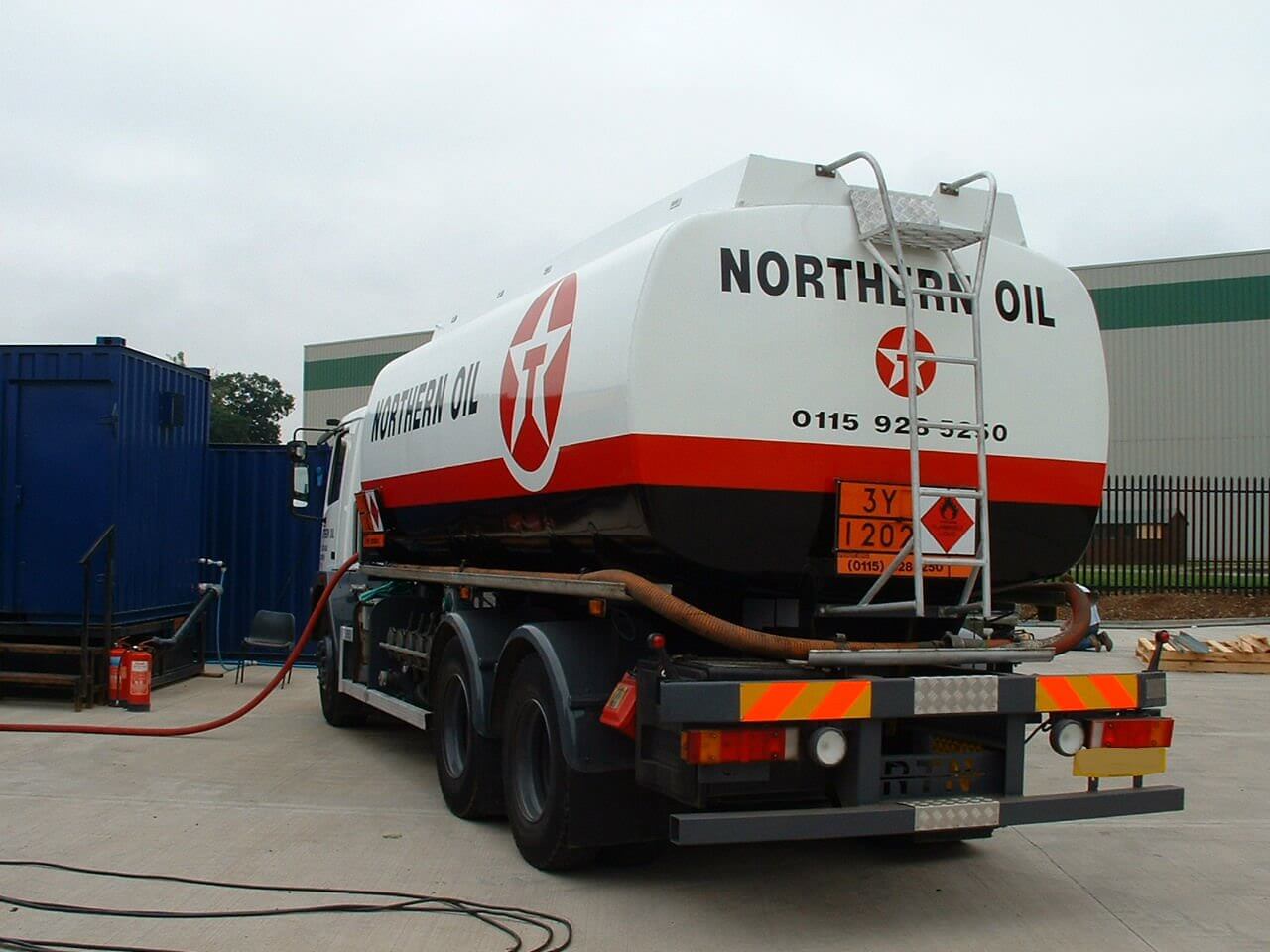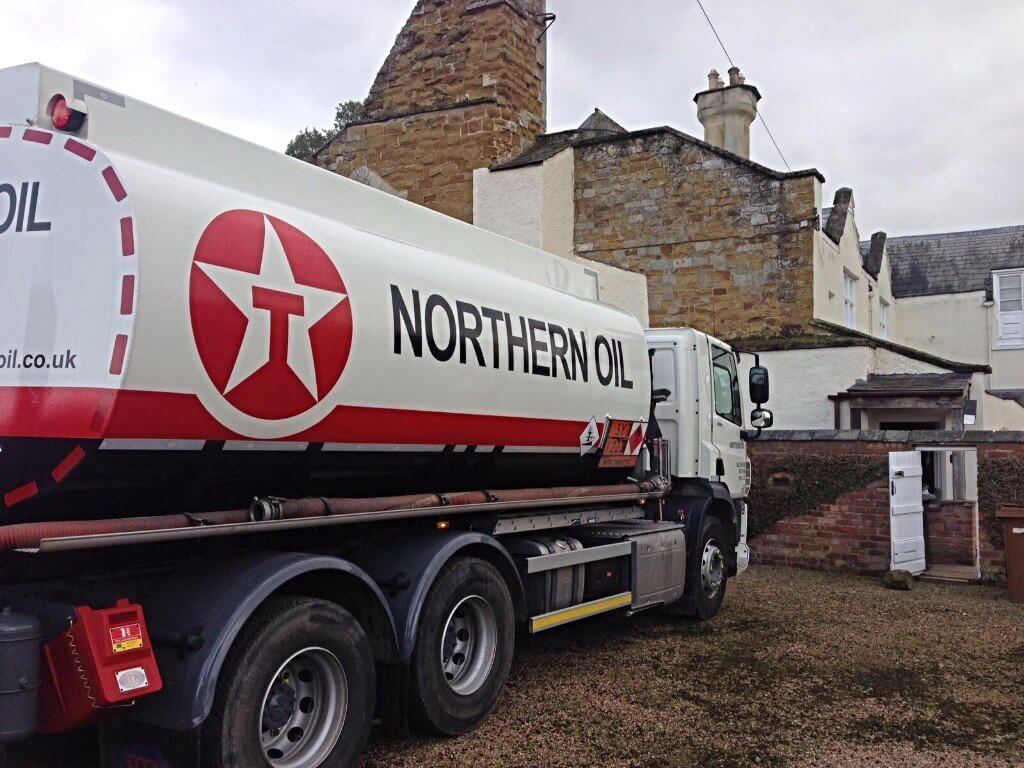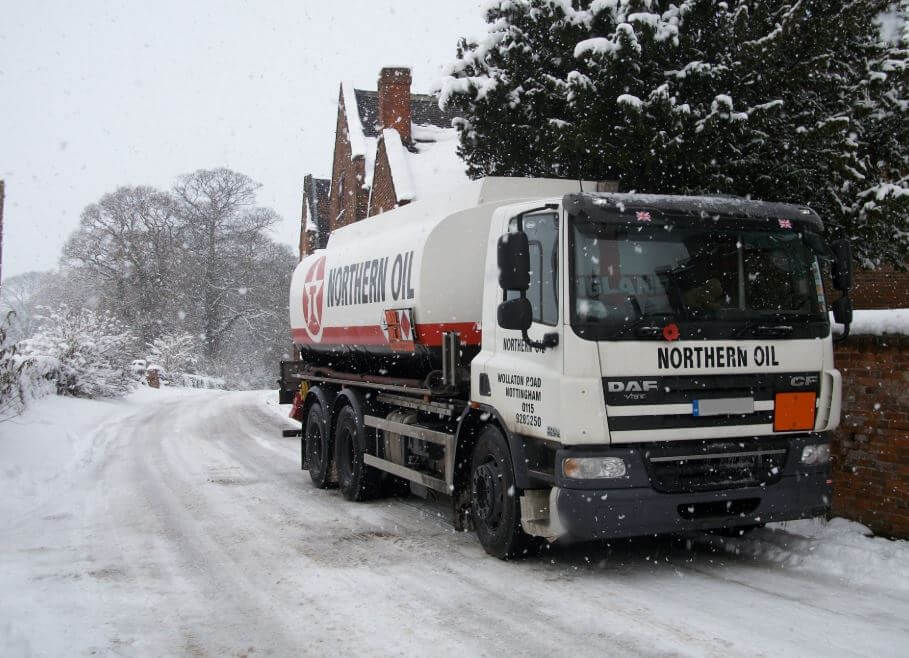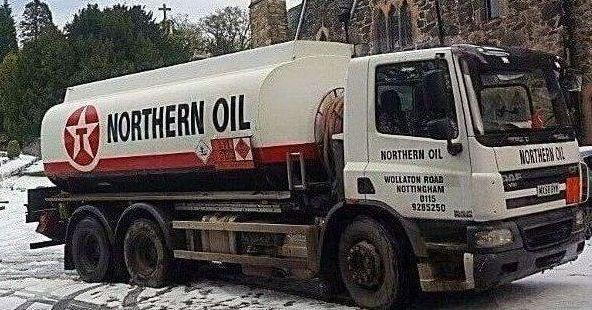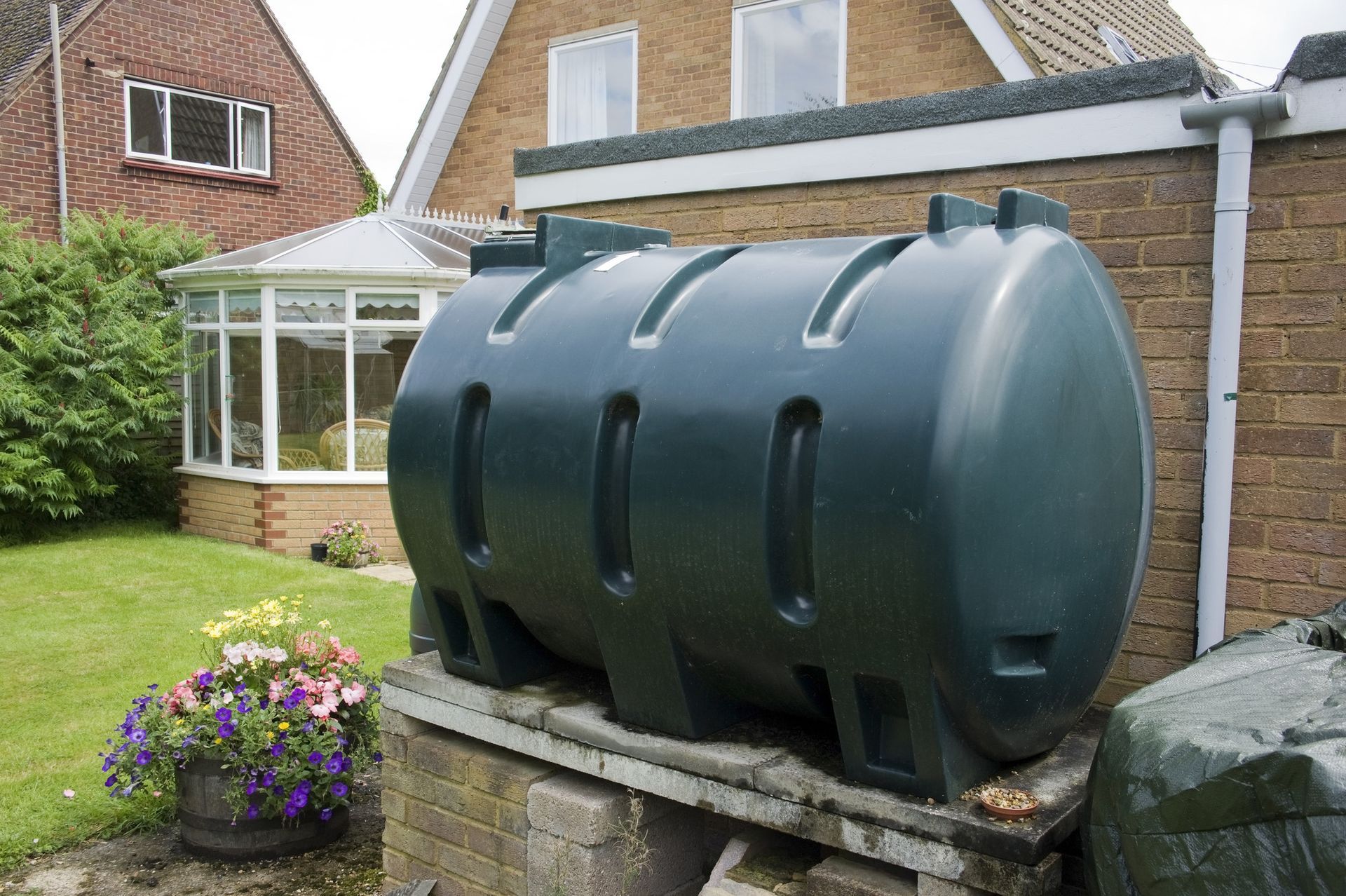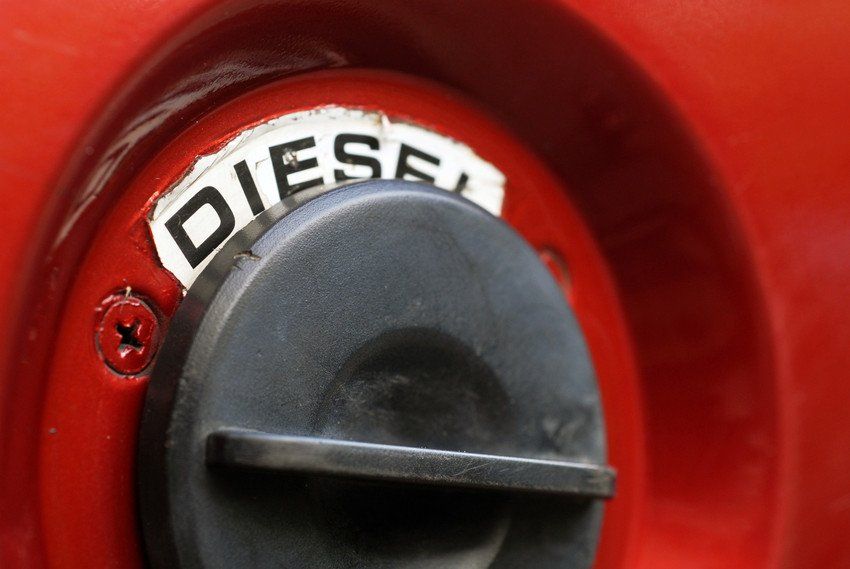
What To Look For In An Oil Distributor
Oil supply and distribution is a challenging job. It requires the ability to store and transport the product safely and efficiently, ensuring no damage is done to the product. If you’re an oil supplier, you need to find distributors that you can trust to transport oil to various businesses safely. A good distributor is key in the smooth running of a supplier's business as well as those who are buying the oil. If you’re looking for an oil distributor, here is what you need to know.
What is an oil distributor?
In the oil industry, “distributor” means a person, association of persons, firm, company or cooperative society, that is appointed by an oil company to purchase, receive, store and sell to consumers liquefied petroleum gas in cylinders. They can various types of oil and distribute them to different businesses in the area or across the country. They may deal with agricultural, commercial and domestic oil as well as lubricants and fuel additives.
These distributors supply wholesale oil to manufacturers of equipment and other businesses that utilise industrial oils in their operations. A supplier needs to find a reliable lubricant oil distributor because any delay may lead to a heavy loss for many businesses. Many companies will use just one oil distributor who is experienced to supply them with the specific oil that they need.
What does it take to be an effective oil distributor?
An effective oil distributor needs to be trustworthy and efficient. As there are so many businesses and suppliers relying on them, it is vital they effectively distribute oil without any mistakes. Many clients will be using the oil for expensive machinery. Whether this be agricultural equipment or commercial equipment, they are working with expensive, high-end machinery and cannot afford any mistakes. For example, perhaps the distributor supplied one drum of the wrong type of oil and it wasn’t labelled correctly. The oil was then used for the wrong machinery causing hundreds of thousands of pounds worth of damage. Not only will this set the business back in profits, but also time. It will be hard for them to catch up on a costly mistake and will likely choose a different oil supplier or distributor next time.
There are several guidelines for an oil distributor’s facility. These include:
● The office area and building exterior must be neat and well-organised following proper environmental, health and safety procedures. This is essential in assuring product quality.
● The warehouse needs to be clean, well-organised and safe with correct lighting. Products need to be grouped appropriately and empty pails and drums need to be stored appropriately to avoid contamination.
● In any bulk storage areas, tank farms need to be organised based on product families. For example, hydraulic oils, turbine oils, motor oils and gear oils. Each tank should have the right water draw-off valves and breathers. As well as this, each product or product family should have its own pumping and metering system which are colour-coded.
● When it comes to transportation, all lines, meters and pumps must be colour-coded and labelled. If any products within the same family are moved over the same lines, flushing procedures must be posted, particularly when loading transport trucks.
What should you look for in an oil distributor?
If you’re a supplier looking for an oil distributor to distribute your product or a business owner looking to buy wholesale oil, there are several things to consider. These include:
Expertise and experience
One of the most important things about an oil distributor is how experienced they are. They need to have a deep understanding of the field and the types of oils and their applications. There isn't just one type of oil or one type of lubricant for all manufacturing equipment. Different machinery needs different oil and it’s vital the distributor is aware of what equipment needs which oil. An expert distributor will want to know the specific applications of the lubricant or oil and will likely do extensive background checks before they supply you with the right oil. They will likely ask for details such as how complex your equipment is, temperature changes and any other extreme environmental aspects that your machinery may be subject to.
Once the distributor has a clear understanding of what the oil will be used for, they can then advise you on what product to use. If you are buying lubricant, there are certain elements the distributor will consider. This may be based on the viscosity index of oil, which will impact the lubricant they decide to settle on. Once they have collected the background information, they will be able to tell you which elements of the oil to prioritise.
Testimonials from your colleagues
Depending on your industry, it is likely that you will have acquaintances in the same field. If so, this is a key resource to use when finding an oil distributor. If you’re a supplier, you can speak to other oil suppliers to find out which distributor they opt for and whether or not they would recommend them. The same goes for consumers. For example, if you work in the agricultural industry, you can speak to others in your field about what distributors they use and trust. That way you can feel confident in your decision and find out if the distributor you are considering is worthy.
Facilities
As mentioned above, there are strict guidelines that oil distributors must follow. Their facilities are a clear indicator of whether or not they can supply you with quality service. It must be clean, well-organised and meet local quality standards. The warehouse needs to be big enough to handle, process, and store products in a systematic method. There should be enough room to create a clear, colour-coded system that will avoid mixing up client orders. The last thing you want is for your order to be mixed up with another client's orders.
An oil distributor also needs to have bulk storage and appropriate transportation. This ensures that the distributor has enough supplies of various different oils such as heating oil, kerosene and lubricants etc. Should you need a last-minute order of a certain type of oil, you can feel confident that your distributor will have it in stock.
Supply reliance
You are best to look for a distributor that already has established outlets in your location. Furthermore, if you have several branches, you should look for a distributor that can supply all of these locations. Choosing just one distributor for all your branches will help make operations easier as payments and communication will be streamlined. The distributor will also be familiar with your manufacturing operations to help supply you with the correct oils and lubricants without having to do too much extra work.
Oil and lubricants are vital for many industries including commercial and agriculture. Machinery cannot work effectively without the correct oil and lubricants so you are depending on your distributor to supply you with the right oil and on time. Because this is so important, it’s vital you choose the right distributor for your business. You can reduce the amount of downtime on your machinery if you have enough oil and lubricants.
Northern Oil: Oil Suppliers in Nottingham Offering Great Kerosene Oil Prices
If you are looking for a quality oil supplier in Nottingham,
get in touch with Northern Oil. We offer affordable and efficient fuel oil delivery services with the best fuel oil prices in Nottingham. Many businesses trust us to provide them with quality oil. Whether you need heating oil or
agricultural oil, our team can help you with fuel oil in Nottingham. Call us today on 0115 928 5250.


